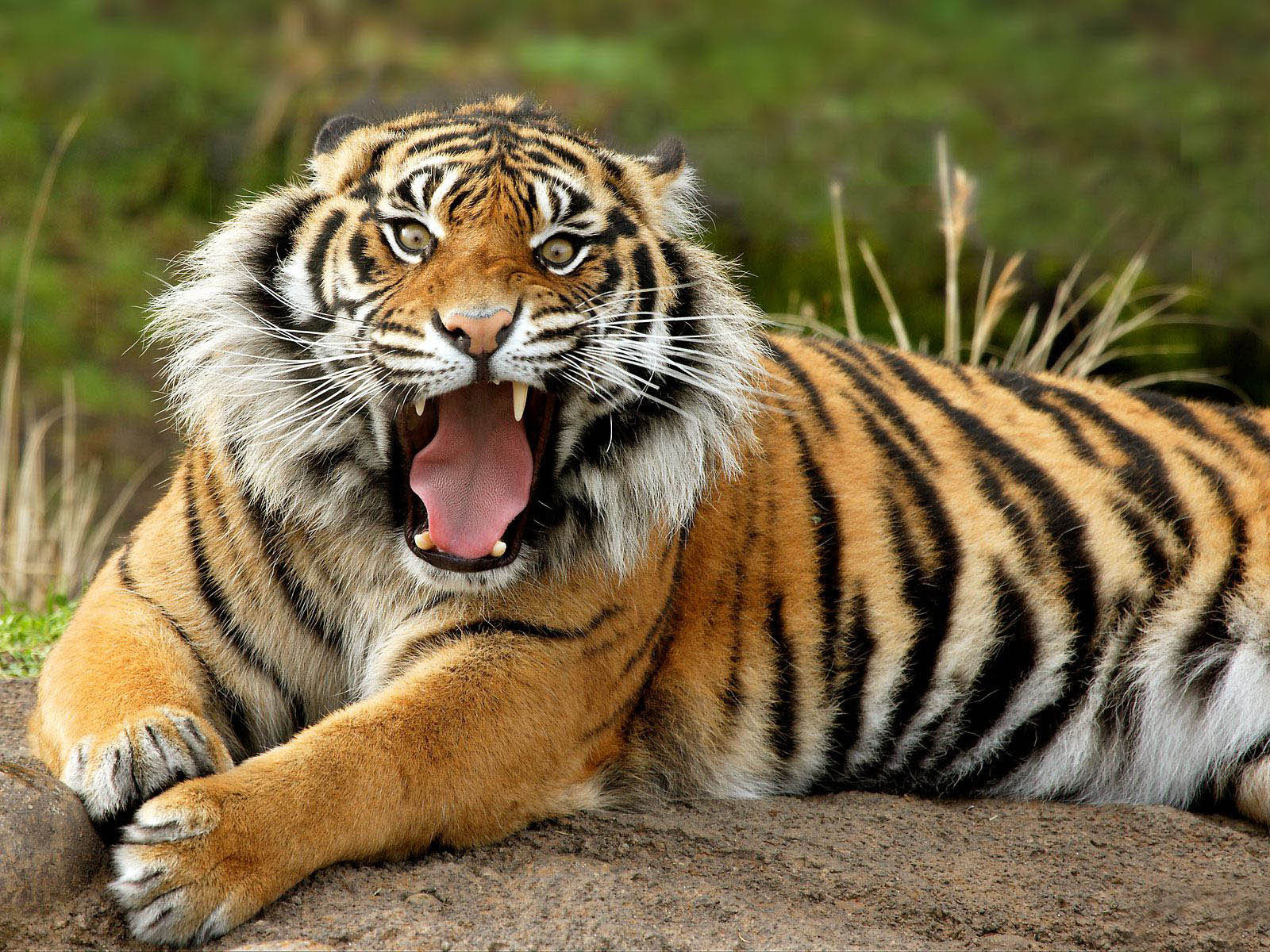Exploring The Fascinating World Of Wild Animals
Wild animals are a captivating aspect of our planet's biodiversity, embodying the raw beauty and complexity of nature. They play crucial roles in maintaining ecological balance and offer us invaluable insights into the natural world. In this article, we will delve into the diverse realms of wild animals, their habitats, behaviors, and the vital importance of conservation efforts to protect these magnificent creatures.
Whether you are an animal lover, a nature enthusiast, or simply curious about the wildlife that shares our world, this comprehensive guide will provide you with valuable information to appreciate and understand the significance of wild animals. Let’s embark on this adventure together!
Table of Contents
- What Are Wild Animals?
- Importance of Wild Animals
- Different Types of Wild Animals
- Habitats of Wild Animals
- Behaviors of Wild Animals
- Threats to Wild Animals
- Conservation Efforts
- Conclusion
What Are Wild Animals?
Wild animals are those organisms that live independently in their natural habitats, free from human influence and domestication. They include a wide variety of species ranging from large mammals like elephants and lions to small insects and birds. Unlike domesticated animals, wild animals have evolved over millions of years to adapt to their environments, developing unique traits and behaviors that enable their survival.
Characteristics of Wild Animals
- Adaptability to their environment
- Natural instincts for survival
- Independent living and social structures
- Dietary diversity, including herbivores, carnivores, and omnivores
Importance of Wild Animals
Wild animals are essential to the health of our ecosystems. They contribute to pollination, seed dispersal, and maintaining food chains. The presence of diverse wild animal populations indicates a balanced ecosystem, which is crucial for environmental stability.
Ecological Roles
- Predators: Help control herbivore populations.
- Pollinators: Facilitate plant reproduction.
- Scavengers: Clean up ecosystems by consuming dead animals.
Different Types of Wild Animals
Wild animals can be categorized into several groups based on their characteristics and habitats. Here are some major categories:
Mammals
Mammals are warm-blooded vertebrates with fur or hair and mammary glands. Examples include:
- Lions
- Tigers
- Elephants
- Giraffes
Birds
Birds are warm-blooded vertebrates characterized by feathers and beaks. They play crucial roles in ecosystems as pollinators and seed dispersers.
- Eagles
- Penguins
- Parrots
Reptiles
Reptiles are cold-blooded vertebrates that typically have scaly skin. They include:
- Crocodiles
- Snakes
- Lizards
Amphibians
Amphibians are cold-blooded vertebrates that can live both in water and on land. Examples are:
- Frogs
- Toads
- Salamanders
Habitats of Wild Animals
Wild animals inhabit various ecosystems, each offering unique resources and challenges. Common habitats include:
Forests
Forests are rich in biodiversity and provide shelter and food for many species. Examples include:
- Tropical rainforests
- Temperate forests
Grasslands
Grasslands support large herbivores and their predators. They are characterized by open spaces and limited tree growth.
- Savannas
- Prairies
Wetlands
Wetlands are crucial for water filtration and provide habitat for many aquatic species. They include:
- Swamps
- Bogs
Deserts
Deserts have extreme conditions but host unique species adapted to survive with minimal water.
- Cacti
- Camels
Behaviors of Wild Animals
The behaviors of wild animals are fascinating and often complex. They can be categorized into several types:
Social Structures
Many wild animals live in social groups, which can enhance their chances of survival. Examples include:
- Packs of wolves
- Herds of elephants
Feeding Habits
Feeding habits vary widely among species, influenced by their environment and physical adaptations. Some common feeding behaviors include:
- Hunting
- Foraging
- Scavenging
Threats to Wild Animals
Despite their resilience, wild animals face numerous threats, primarily due to human activities. Key threats include:
Habitat Destruction
Urban expansion, logging, and agriculture lead to loss of habitats, endangering many species.
Poaching and Illegal Wildlife Trade
Many wild animals are hunted for their body parts, leading to severe population declines.
Climate Change
Changes in climate affect food availability, breeding patterns, and habitats of wild animals.
Conservation Efforts
Conservation efforts are critical to protecting wild animals and their habitats. Various strategies include:
Protected Areas
Establishing national parks and wildlife reserves to safeguard natural habitats and species.
Legislation
Implementing laws to prevent poaching and regulate wildlife trade, ensuring sustainable practices.
Education and Awareness
Raising awareness about the importance of wild animals and promoting conservation initiatives.
Conclusion
In conclusion, wild animals are an integral part of our planet's ecosystems, contributing to biodiversity and ecological balance. Understanding their importance, behaviors, and the threats they face is vital for their conservation. We must take action to protect these magnificent creatures and their habitats for future generations.
We encourage you to share your thoughts in the comments below, spread the word about wildlife conservation, and explore more articles on our site to learn about the incredible world of wild animals!
Penutup
Thank you for joining us on this journey into the world of wild animals. We hope you found this article informative and inspiring. Remember, every small action counts in the effort to protect our planet's wildlife. We look forward to seeing you again soon!
Bob Cut News: The Latest Trends And Celebrity Inspirations
What Sign Is Gemini? Exploring The Dual Nature Of The Zodiac's Third Sign
Fast 10: Unleashing The Power Of Speed In The Modern World



